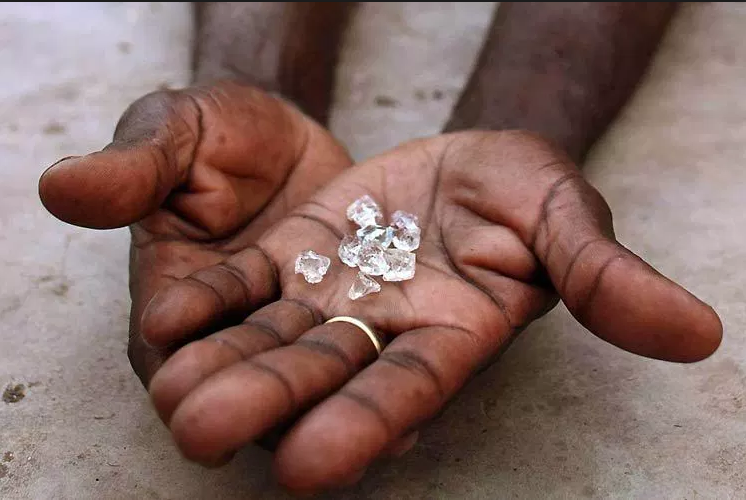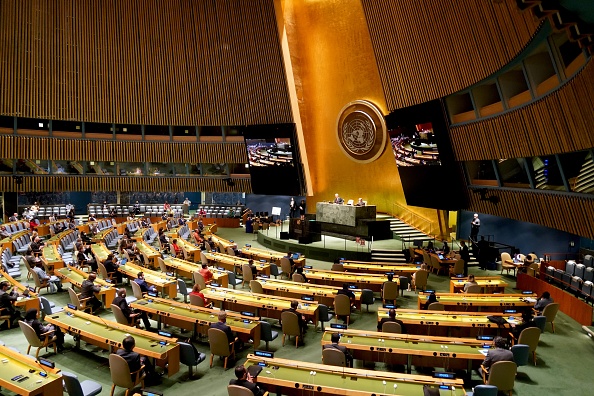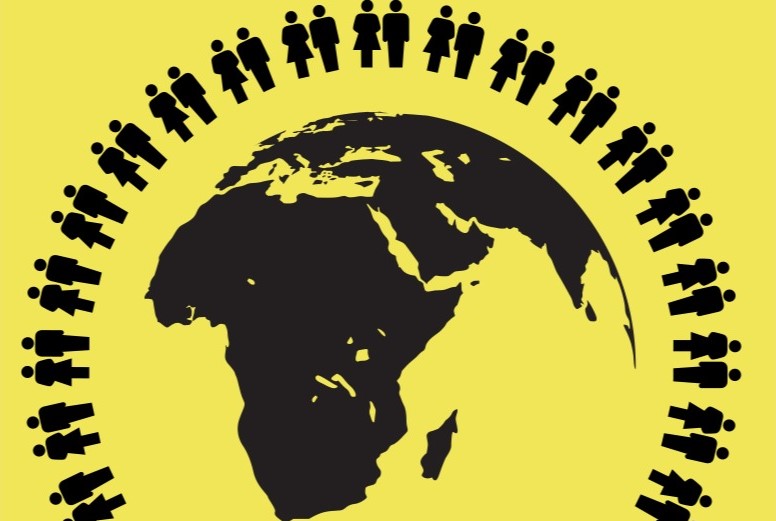
UN deliberations end without consensus on the influence of trade of conflict diamonds
United Nations General Assembly members have expressed concern over the body’s failure to reach a consensus on the influence of the diamond trade on conflict.
Speaking on Wednesday before the adoption of a resolution on the role of diamonds in fueling conflict, European Union representative Clayton Curran marked that it was the first time in its history, that the plenary failed to do so.
The resolution acknowledged the importance of the Kimberley Process Certification Scheme (KCPS) in ensuring the effective implementation of relevant UN Security Council resolutions related to sanctions on the trade of conflict diamonds. The KCPS is a joint-government, internationally recognized certification system that imposes extensive requirements on its members to enable them to certify shipments of rough diamonds as ‘conflict-free’. The system is also designed to prevent conflict diamonds from entering legitimate trade.
“With a mandate deeply rooted in the full respect for state sovereignty, this resolution reminds us of the obligations placed upon states by the charter of the United Nations regarding the maintenance of international peace and security, and that state sovereignty should be fully respected,” Curran said.

Tanzanian Ambassador Hussein Athuman Kattanga backed up Curran’s remarks, saying the resolution addresses the insecurity fuelled by conflict diamonds. Both agree the Kimberley Process faces unprecedented challenges arising from ongoing geopolitical tensions and conflicts.
“We are convinced that the relevant resolution is a necessary measure the promoting states’ sovereignty, poverty eradication, conflict prevention, and elimination of conflict demand from a legitimate trade, which is the primary objective of the Kimberley Process,” said Kattanga.
The European Union, (EU) in a statement supporting the Assembly’s resolution, said it is also committed to ensuring the Kimberley Process continues to fulfill its mandate.
“The EU has funded almost 10 million euros in projects aimed to reinforce governance in the diamond sector and the development of alternative livelihoods, for example through the Mano River Union – supporting cooperation among Côte d’Ivoire, Guinea, Liberia, and Sierra Leone, and in the Central African Republic.”
The EU attempted this year to include language on the negative impact of the illegal trade in diamonds on the environment. Due to the strictly technical nature of this year’s negotiations, we were unable to discuss this issue, but we look forward to elaborating further during UNGA 79.
As part of Wednesday’s resolution, the Assembly requested that the Chair of the Kimberley Process submit a report on the implementation of the KCPS to the General Assembly at its seventy-ninth session in September.






